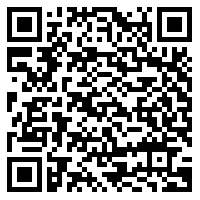có trong Tiếng Anh là gì?
Từ điển Việt Anh
có
yes
trả lời (rằng) có to answer yes; to answer in the affirmative; to give an affirmative answer
here!; present! (khi nghe điểm danh)
nguyễn văn a? - có! nguyen van a? - here!
to date; to exist
cái đó có lâu rồi it has existed for a long time/for ages
món nợ này đã có từ nhiều năm trước this debt dates back/goes back several years
to appear; figure
trong danh sách cử tri có tên ông ta his name figures on the voting list
tôi không muốn có tên (tôi) trong vụ/sách đó i don't want my name to appear in the matter/the book; i don't want my name to figure in the matter/the book
there is; there are
trong phòng có hai người there are two persons/people in the room
các anh có bao nhiêu người? - chúng tôi có ba người cả thảy how many of you are there? - there are three of us in all
if
có ai hỏi, bảo họ rằng tôi đi vắng if anyone asks for me, tell him i am not at home
to have; to own; to possess
người cày có ruộng the tiller owns his own land
công dân có quyền bầu cử ứng cử citizens have the right to vote and to stand for election
to enjoy
có sức khoẻ tốt/mức sống cao to enjoy good health/a high standard of living
to hold
có bằng luật/bằng lái to hold a degree in law/driver's licence
người có tài khoản ngân hàng account holder
Từ điển Việt Anh - Hồ Ngọc Đức
có
* verb
To be
có ai hỏi, bảo tôi đi vắng: if there is anyone asking for me, tell him I am not at home
cơ hội nghìn năm có một: there is such an opportunity once in a thousand years; once in a lifetime
chúng tôi chỉ có ba người tất cả: there are only three of us in all
lá có màu xanh: leaves are green
có tuổi: to be advanced in years
To have, to own
người cày có ruộng: the tillet owns his own land
công dân có quyền bầu cử ứng cử
Từ điển Việt Anh - VNE.
có
to be, have, exist; there is, there are


